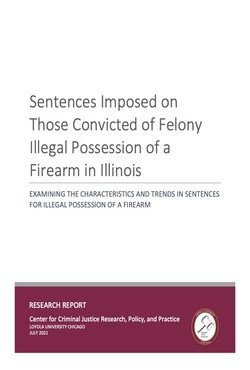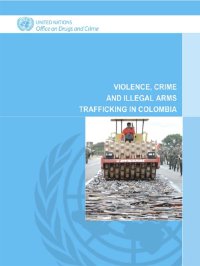By Aidan Johnston
The Bureau of Alcohol, Tobacco, Firearms and Explosives (ATF) is maintaining a digital, searchable, centralized registry of guns and gun owners in violation of various federal prohibitions, as revealed by an ATF response to a Freedom of Information Act (FOIA) request by Gun Owners of America (GOA). In November of 2021, an internal ATF memo leaked by Gun Owners of America revealed that ATF had processed and digitized over 50,000,000 “out of business” records of gun dealers in FY 2021. This report was picked up by major pundits and news outlets including Fox News’ Tucker Carlson and the Blaze. This revelation prompted Representative Michael Cloud and 51 other members of the U.S. House of Representatives to send a letter to ATF asking more questions and demanding accountability.5 In response to that letter, ATF revealed to Congress that it currently maintains a database of 920,664,765 such records, of which 865,787,086 are in a digitized format as of November 2021.6 Unsurprisingly, ATF denied that this vast database constitutes a gun registry, which is explicitly prohibited by federal law....
Springfield, VA: Gun Owners of America, 2022. 32p.




